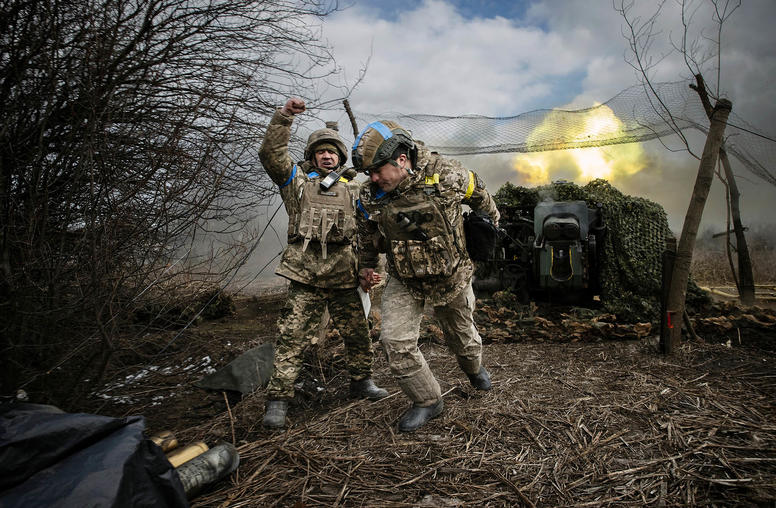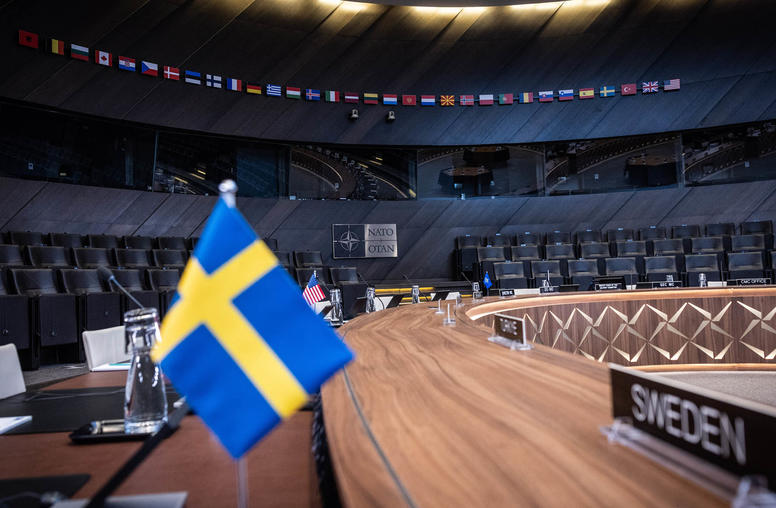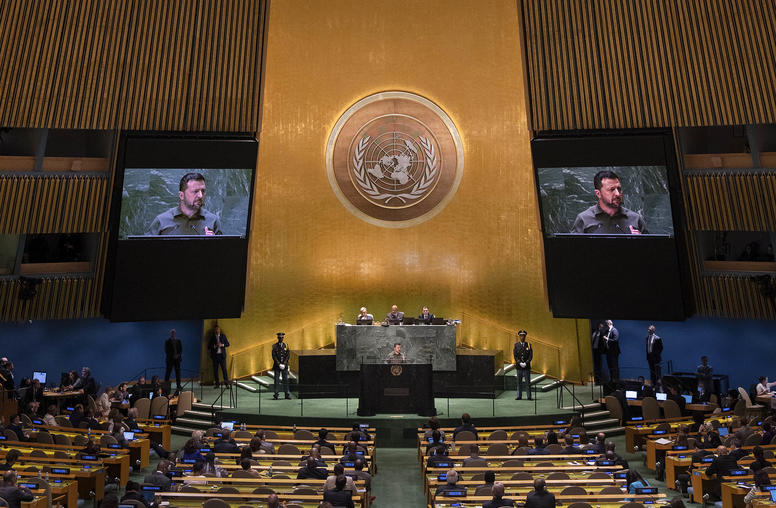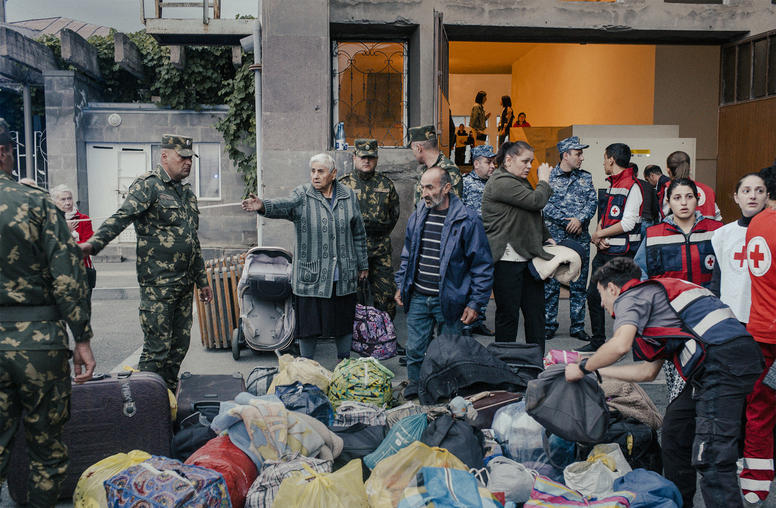Mary Glantz, Ph.D.
Contact
Please submit all media inquiries to interviews@usip.org or call 202.429.3869.
For all other inquiries, please call 202.457.1700
Dr. Mary Glantz was a career member of the U.S. Foreign Service and was detailed to USIP as a State Department fellow prior to her retirement in 2022.
Most of her 20-year career as a diplomat has focused on Russia, the former Soviet Union, and other countries of Europe and Eurasia. Previous overseas postings include Baku, Jerusalem, Estonia, and Kosovo. Dr. Glantz also has served as a Russia analyst in the Bureau of Intelligence and Research as well as on the Russia and Poland desks at the State Department. Prior to joining the State Department, she worked as an intern for the Special Adviser for Central and Eastern European Affairs to the Secretary General of NATO, serving in Moscow, Russia and Vilnius, Lithuania.
Dr. Glantz received her bachelor’s in history from the University of North Carolina at Chapel Hill, her master’s in post-Soviet studies from the University of London’s School of Slavonic and East European Studies, and a doctorate from Temple University with a specialization in military and diplomatic history. She recently completed a certificate in data science at Montgomery College.
She is the author of several articles and a book: FDR and the Soviet Union: The President’s Battles over Foreign Policy.




